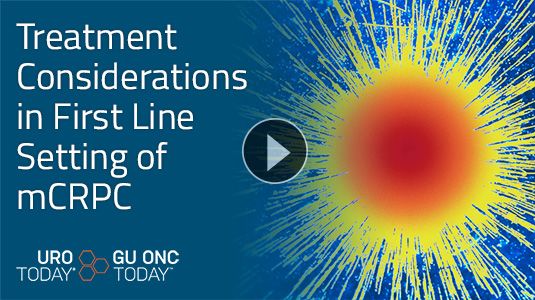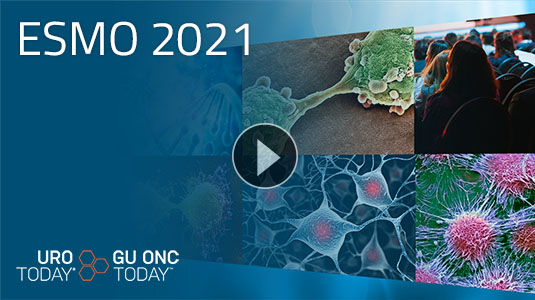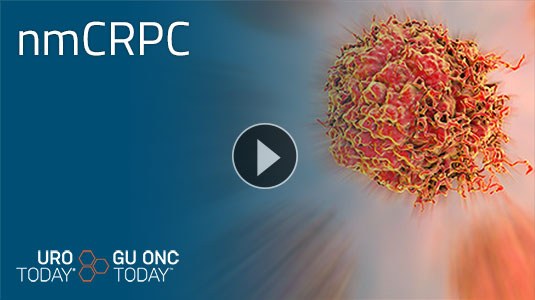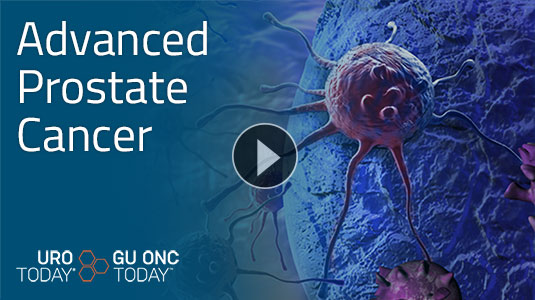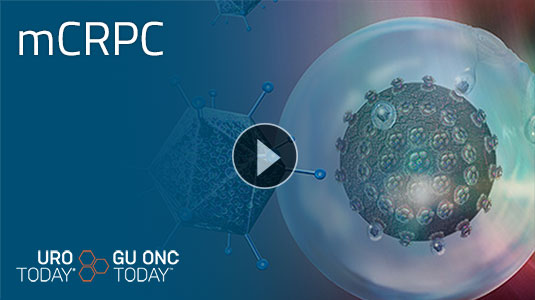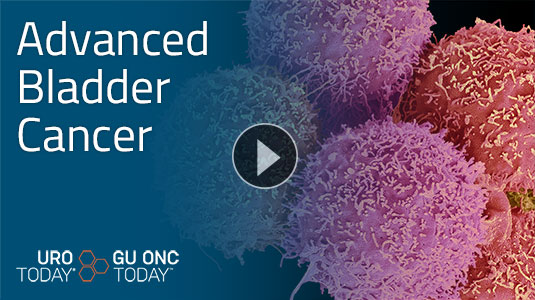- UroToday Home

- Center Of Excellence
Centers of Excellence
Contemporary Management of nmCRPC

Zachary Klaassen, MD, MSc
Dr. Klaassen is a Urologic Oncologist, Associate Professor of Urology, Residency Program Director and the Ronald W. Lewis, MD Endowed Chair for Urologic Education at Wellstar MCG Health; Georgia Cancer Center in Augusta, GA. He was born in rural Canada and grew up in Vancouver, British Columbia. Following an undergraduate degree in Molecular Biology and Biochemistry at Simon Fraser University, he attended medical school at St. George's University in Grenada, followed by clinical rotations and a research fellowship in the metro New York area. After completing his Urology residency in Augusta, he spent two years in Toronto as a Society of Urologic Oncology fellow, obtaining a Masters of Science degree from the University of Toronto in Clinical Epidemiology. He specializes in Urology, Urologic Oncology, Robotic Surgery, Minimally Invasive Surgery, and Cancer Surgery. Dr. Klaassen is interested in treating patients with urologic malignancies, including prostate, bladder, kidney, testis, and penile cancer, using both open and minimally invasive surgical techniques. His research interests include mental health and cancer survivorship, clinical epidemiology of urologic malignancies, clinical trials, and translational research on biomarkers for early cancer detection and treatment response predictors. He believes in taking the cancer journey together with his patients and their families, focusing on treating not only the cancer but also the physical and emotional side effects of diagnosis and treatment.
External beam radiotherapy, along with radical prostatectomy, has been a mainstay treatment option for prostate cancer for decades and is currently recommended by numerous guidelines for the treatment of intermediate- and high-risk disease.1-3 While it is clear that radiotherapy should include the tumor, the prostate, and seminal vesicles, the role of prophylactic pelvic nodal irradiation for patients without overt evidence of regional pelvic nodal involvement has long been debated.
Read MoreAt the 2022 ASCO Annual Meeting, the poster session focused on Prostate, Testicular, and Penile cancers included a presentation from Dr. Evan Yu examining real-world outcomes for patients treated with darolutamide in advanced prostate cancer.
Read More






